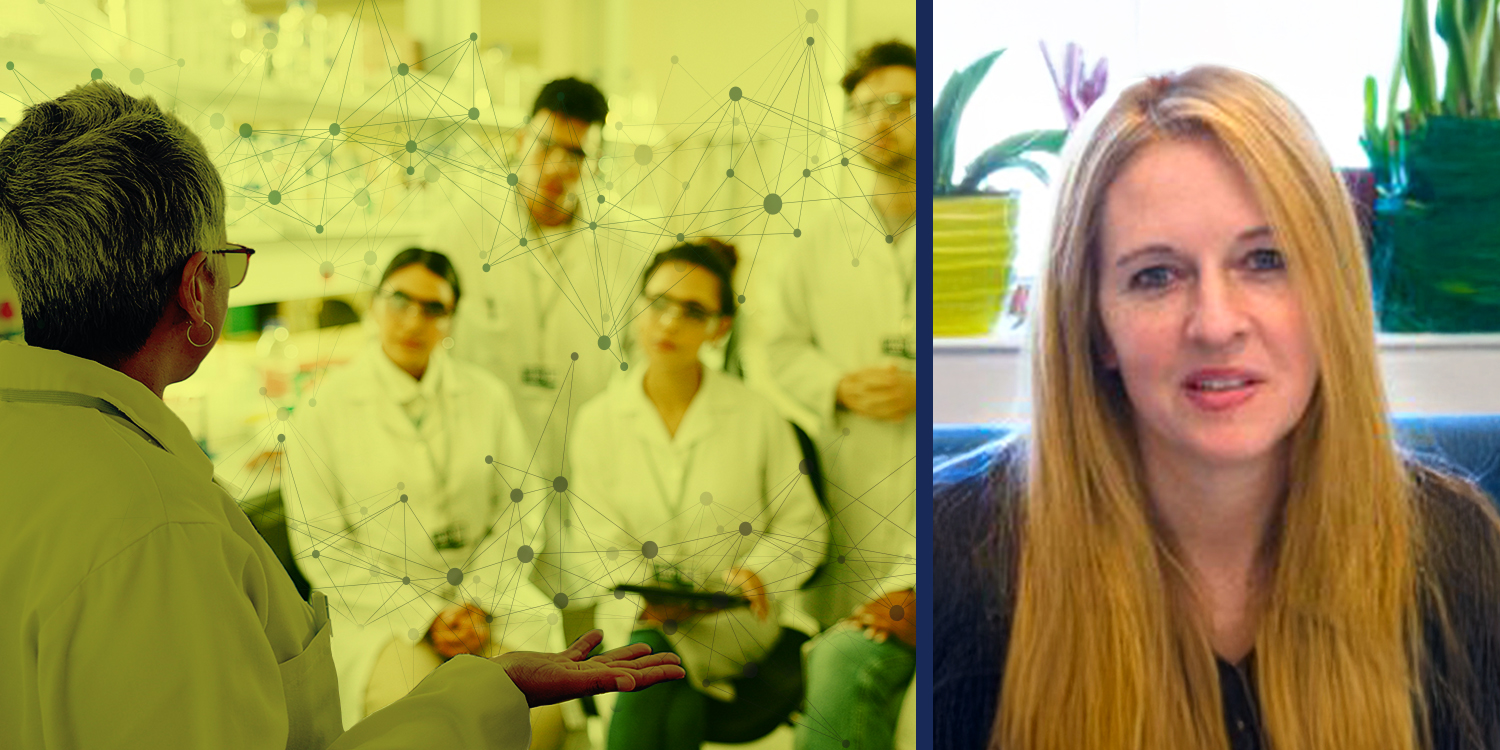
From Accreditation to Advocacy: Exploring the AAALAC Fellowship and the AALAS Foundation
Presented by
Kelly S. Patterson, MLAS, CMAR, RLATg, ILAM
Supporting you, supporting science—this presentation uncovers the powerful resources of AAALAC and the AALAS Foundation to elevate your work and our profession.
Watch the webinar →Webinars
Of Mice and Humans: Elevating Laboratory Mouse Welfare for Robust Behavioral Experimentation
Presented by
Dr. Thomas D. Prevot, PhD
This session will offer a comprehensive exploration of animal welfare within laboratory settings, with a specific emphasis on mice.
Embracing Our Emotions in the Workplace
Presented by
Morag Mackay
It’s normal to experience emotions at work: frustration, anxiety, anger, fear, excitement, and joy, to name a few. However, how leaders handle these feelings can be crucial to building up or wearing down employees.
Words Matter! Advocating for Traumatic Compassion Dissonance
Presented by
Lisa M. Kelly, M.Ed., R-LATG
In this session, Lisa M. Kelly, M.Ed., R-LATG, of University of Georgia will explain why the current terminology hampers our efforts to educate the public about our vital, life-saving work.
“Wilding” of Laboratory Mouse Gut Microbiota at GSU
Presented by
Michael W. Hart, DVM, MS, DACLAM
Rex A. Howard, DVM, DACLAM
For the past several years, one of Georgia State University’s (GSU) investigators (who studies inflammation and translational immunology) has had an ongoing study concerning the “wilding” of the laboratory mouse gut microbiota. We will discuss the mechanisms of wilding utilized, the success of the mechanism realized (shift in gut microbiota and immune phenotype), applications of the model, as well as challenges along the way.
The Regulations, Policies, and Procedures for Caring About Your People
Presented by
Jarrod Nichol, MBA, PMP, CLSSBB
This presentation will focus on developing internal policies and procedures specifically for your staff. We will discuss some quick wins that can help set your animal care program on the path to true employee engagement that will have a huge positive impact on your overall animal care program.
What Type of Water Should Our Research Animals Drink, and Why?
Presented by
Robert C. Dysko, DVM, DACLAM
In this session, Robert C. Dysko, DVM, DACLAM, will provide background information on possible water sources as well as present options and recommendations regarding available methods to treat and condition drinking water at an institution.
